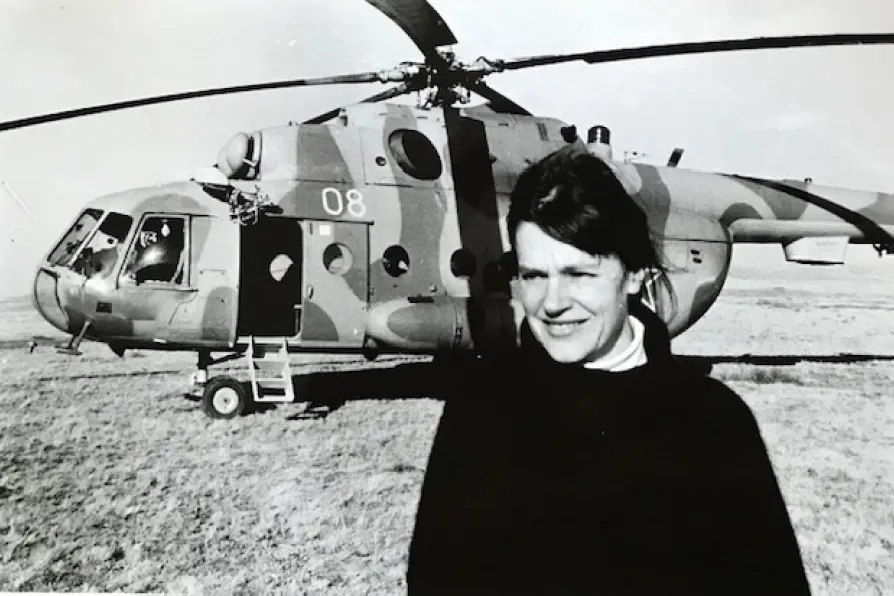Speakers in Berlin traced how Germany’s rearmament, US-led violence abroad and the repression of solidarity at home are converging in a dangerous drive toward war. BEN CHACKO reports

 Kate Clark, Morning Star Moscow correspondent
Kate Clark, Morning Star Moscow correspondent
IN ALL the fulsome media tributes to Soviet leader Mikhail Gorbachev, as the statesman who ended the Cold War, there is one thing missing: there were two sides in that decades-long war.
Gorbachev did his bit, withdrawing troops from eastern Europe and Afghanistan, disbanding the Warsaw Pact — and what did the West do in return? Nothing.
In February 1991, when the Warsaw Pact ceased to exist, did Nato disband? No. Nato started its expansion eastwards in 1999, and by 2004 all the former Warsaw Pact countries were in Nato.

As Britain marks 80 years since defeating fascism, it finds itself in a proxy war against Russia over Ukraine — DANIEL POWELL examines Churchill’s secret plan to attack our Soviet allies in 1945 and traces how Nato expansion, a Western-backed coup and neo-nazi activism contributed to todays' devastating conflict

As Moscow celebrates the 80th anniversary of the Nazi defeat without Western allies in attendance, the EU even sanctions nations choosing to attend, revealing how completely the USSR's sacrifice of 27 million lives has been erased, argues KATE CLARK












